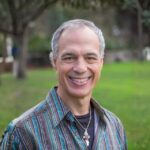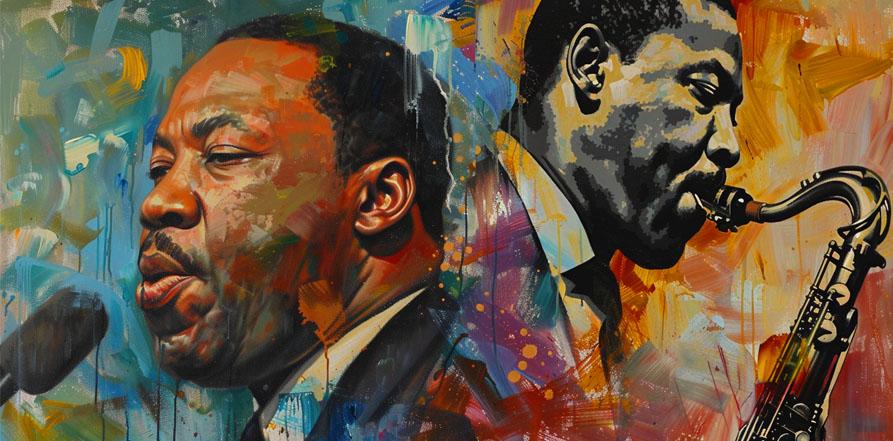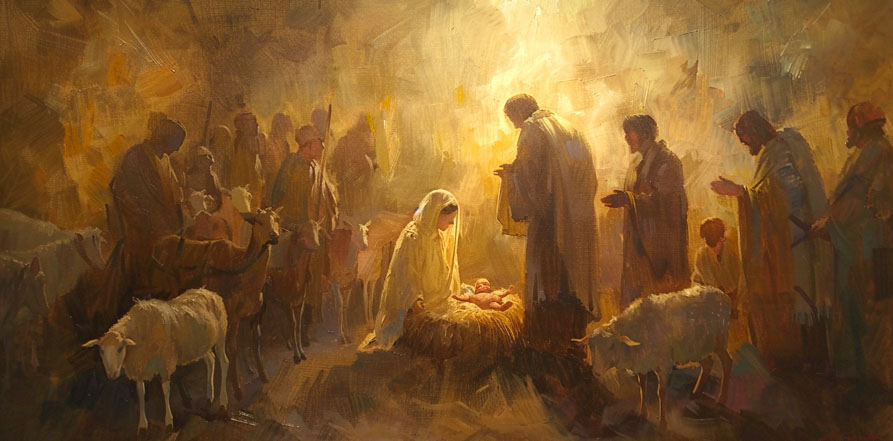Several months ago I wrote about hope, which grew from my reflections on the meaning of hope and how it differs from optimism. As I’ve continued to reflect on hope and optimism, I’ve found my thoughts turning to the subject of faith.
As a professed Secular Franciscan, I feel a special affinity for St. Francis of Assisi, who espoused the simple virtues of Humility, Generosity, Reverence, Service, Respect, Prayer, Joy, and Love. The teachings of this gentle monk guide my daily life, including my approach to the ETMS. As I consider the subject of faith, the teachings of St. Francis inspire me.
Faith and Insight
At the most fundamental level, faith is essential to belief in the unknown; but it is not a substitute for belief in God and in the supernatural aspect of healing. From an Eclectic Triphasic Medical System (ETMS) perspective, when it comes to mapping out a plan for a patient—including the protocol one creates and the spoken word to the patient—a process of rational thinking is required, followed by prayer and then a willingness to let go. Not surprisingly, the step of “letting go” is where faith is most essential.
What constitutes an act of faith? Is it first an insight that stems from the human soul, or is it pure faith that paves the way for the insight to follow? Or is it both?
What I know is that the more insight one has, the more faith one has; and the more faith one has, the more insight one has. Faith can provide a gateway to God, and the study of God (theology) is ultimately dependent on faith. Theology, in essence, teaches faith how to speak.
The Gift of the Intuitive Mind
“The intuitive mind is a sacred gift and the rational mind is a faithful servant. We have created a society that honors the servant and has forgotten the gift.” – Albert Einstein
In healing and in the pursuit to understand God and life, the ultimate reality we seek is beyond the grasp of the intellect. There is an undeniable kinship between the heart, mind and soul. We must acknowledge the search for knowledge of all types is inherently within us and plays a significant role in comprehending the full nature of the soul. Therefore, we must enter the mystery as mystics—pondering, wondering, and contemplating. The intellect and the imagination initiate the human ascent to God. Neither one can do it alone. Nor can this be possible without love.
“Intuition” implies a kind of material knowledge, which is gathered and formulated when intelligence unites with instinct; intuition properly used can illuminate and guide the intellect. As Einstein so wisely observed, the intellect must be the servant to the gift of intuition.
Intuition is the highest level of knowledge of the nature of being. Intuition is not attained through practical knowledge or intellectual consideration, but through the direct experience of reality. Rudolf Steiner, the founder of the Anthroposophical Movement, explained that intuition is the convergence of the subjective (being-subconscious) and the objective (doing-conscious) of knowledge. It is a state of inspired consciousness whereby the objective takes place through the subjective. This understanding is fundamental for the implementation of the thematic elements of ETMS, and in the development of the healing path.
The Inspiration of the Seraphic Doctor
In my reflections on faith, I find my thoughts turning to another great saint. As a boy, Saint Bonaventure was cured of a serious illness through the prayers of St. Francis of Assisi. Inspired by St. Francis, he entered the Franciscan Order and became a teacher of theology. Beloved by all, St. Bonaventure was known as “the Seraphic Doctor,” which means a doctor of enlightenment. Bonaventure taught that faith is developed through rational understanding, and is perfected by mystical union with God.
The Seraphic doctor is guided by spirit and united with God. He or she is a mystic that accesses all of the tools and diagnostic lens of the rational, thinking mind, but the guiding light is the spirit, which seeks truth, beauty and love. Through love and courage, the Seraphic doctor is able to inspire the healer within, providing the spark that lifts the spirits of others.
I have always been fascinated by faith insofar as it attempts to answer four important questions: Who are we? Where do we come from? Why are we? And where are we going? At the same time, I love living in the mystery of all that is. So instead of striving for answers, I focus on listening for the sound of the universe, which connects us to the pure love that has no relation to time or a finite place—God’s love, agape love, in the here and now. This is the path to true and lasting happiness. As Aristotle said, “Happiness is a final end or goal that encompasses the totality of one’s life; it is the ultimate purpose of human existence.”









